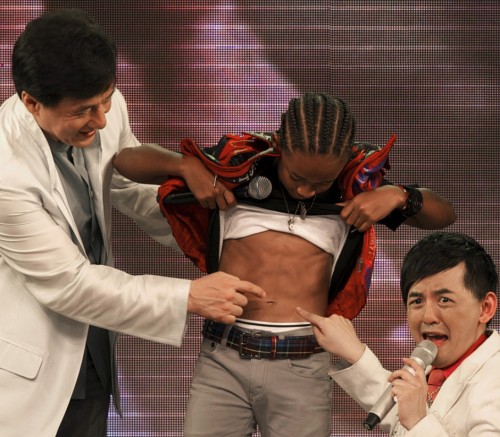
Chloe Angyal (from Feministing) sent me a link to an interesting, if disheartening, segment of her from GRITtv with Laura Flanders about women’s willingness to suffer as they try to meet beauty ideals. Seems that if you want to discourage women women from using tanning beds, don’t warn them about skin cancer. Just tell them it’ll make them ugly. For instance:
The women in the study were more concerned about avoiding ugliness than about avoiding potentially deadly cancer.
UPDATE: Be sure and check out the comments to the video over at YouTube. Really fascinating: lots of comments about Angyal’s appearance and statements like, “chole looks like a feminist, very ugly.” For an interesting discussion of the “feminists are ugly” reaction, read this post at Yes Means Yes.
















